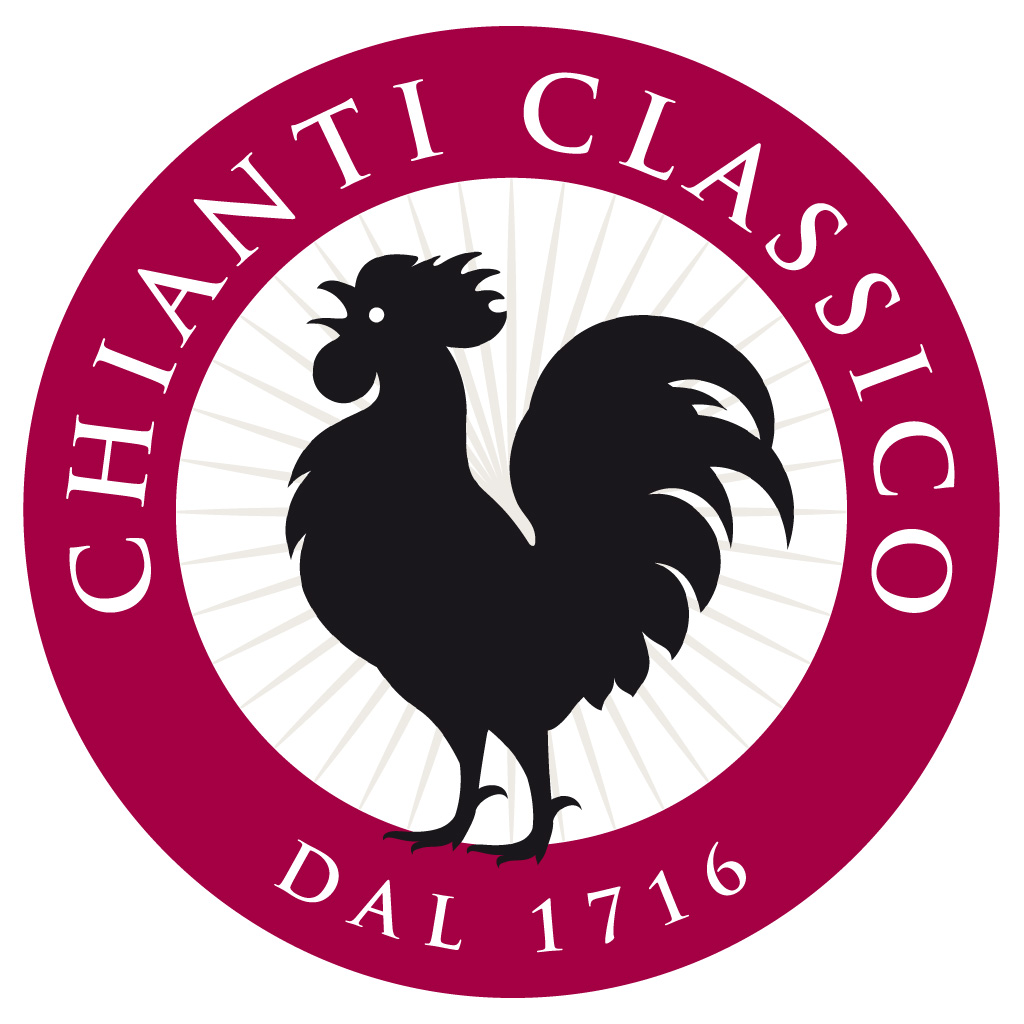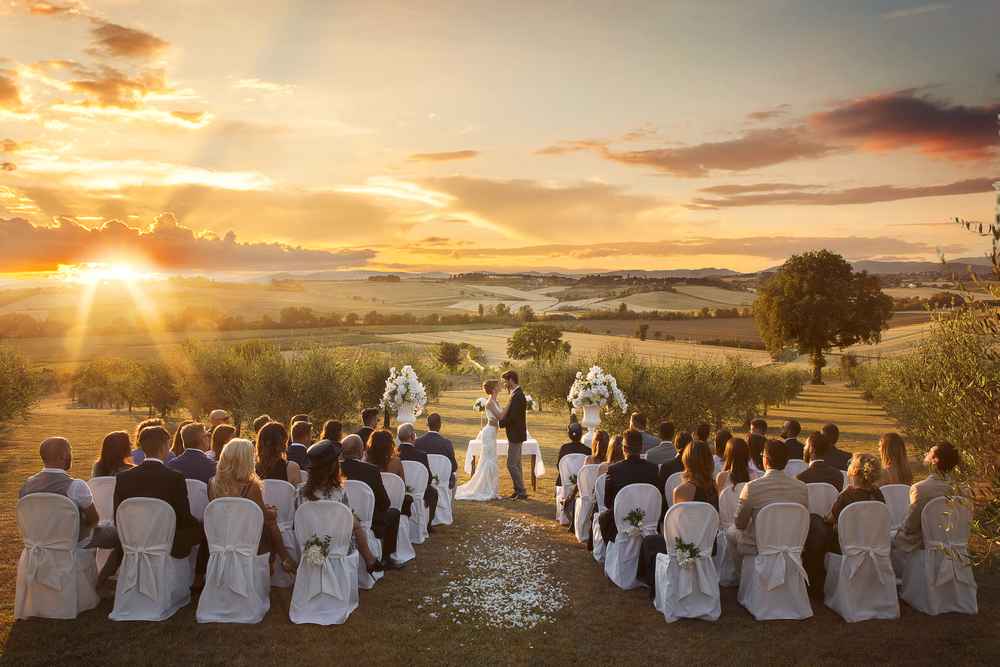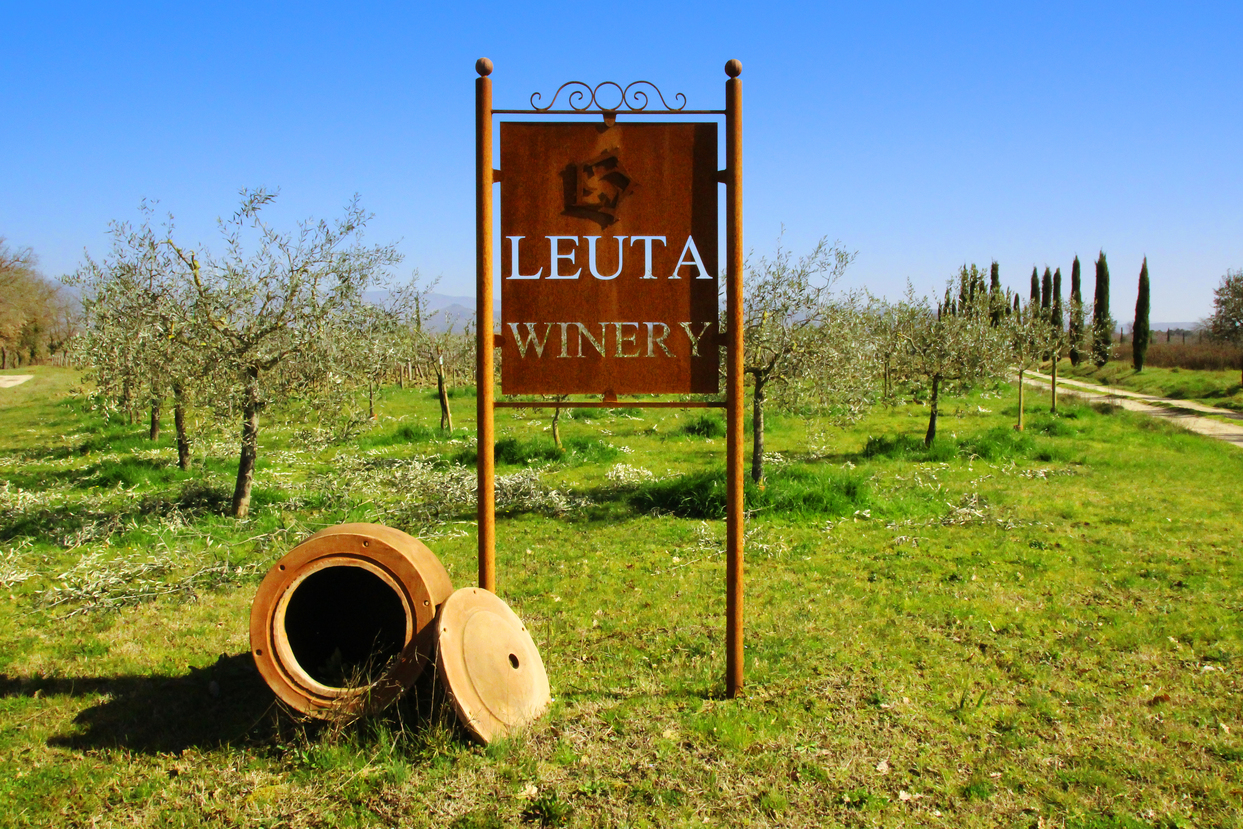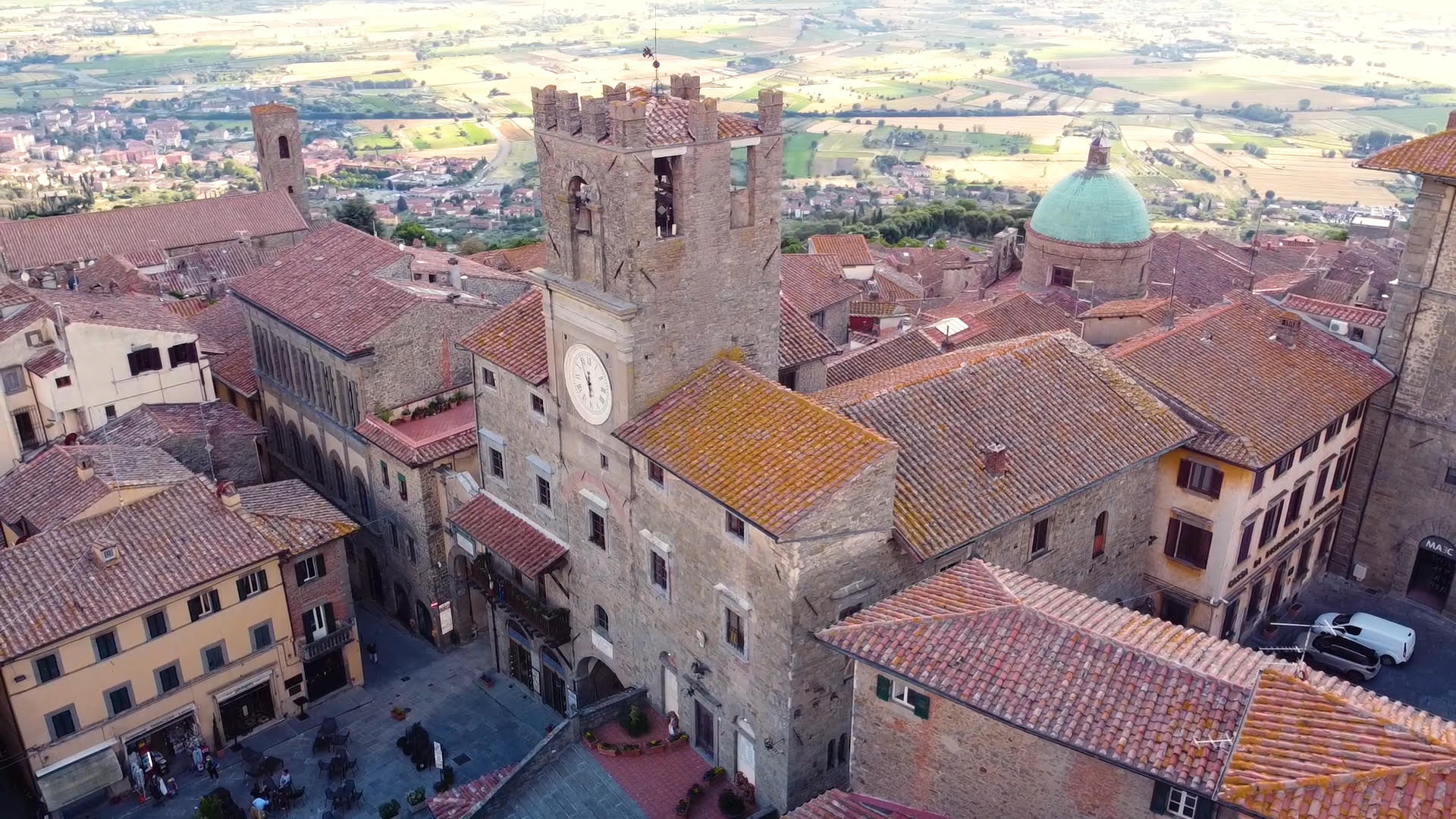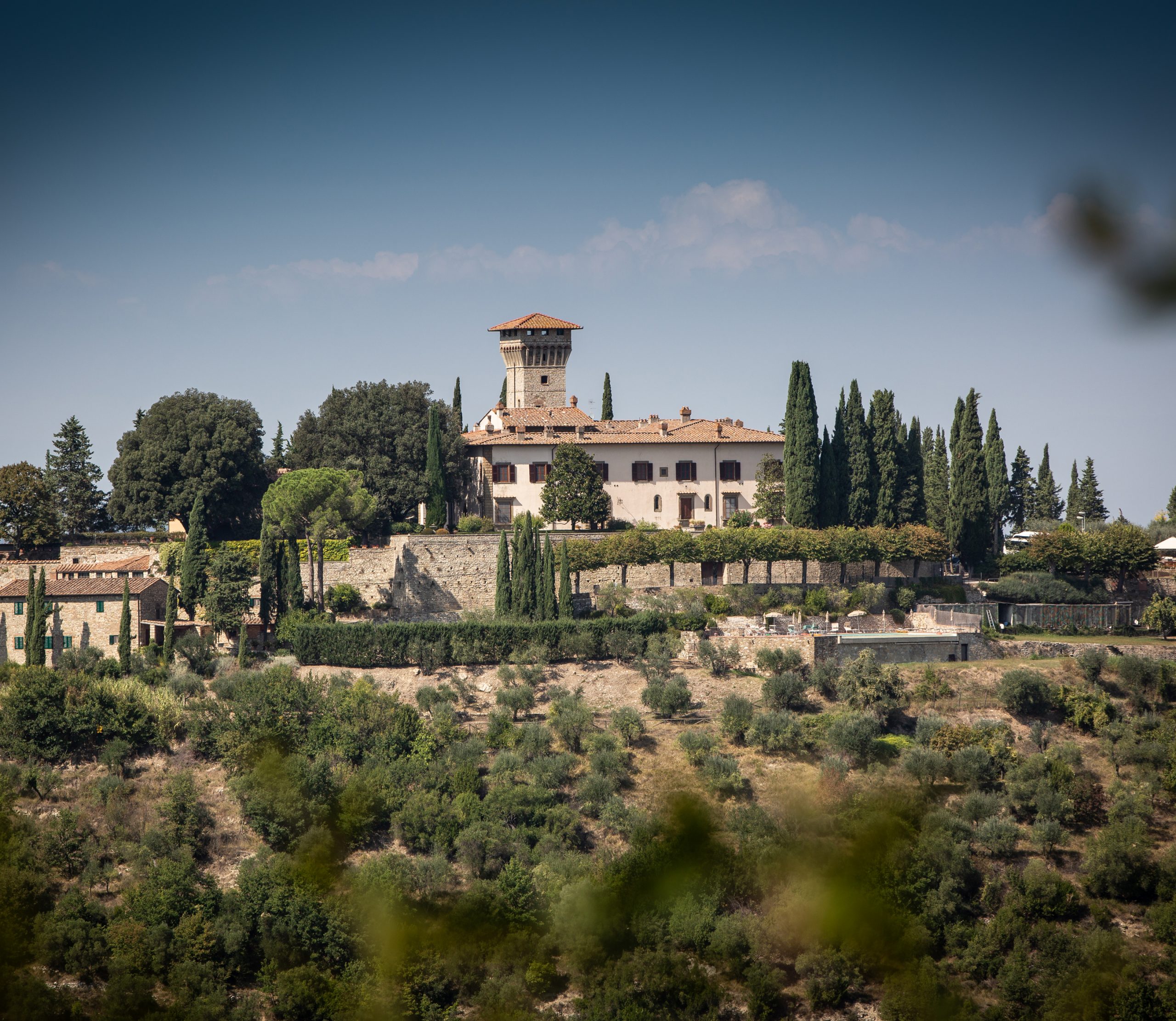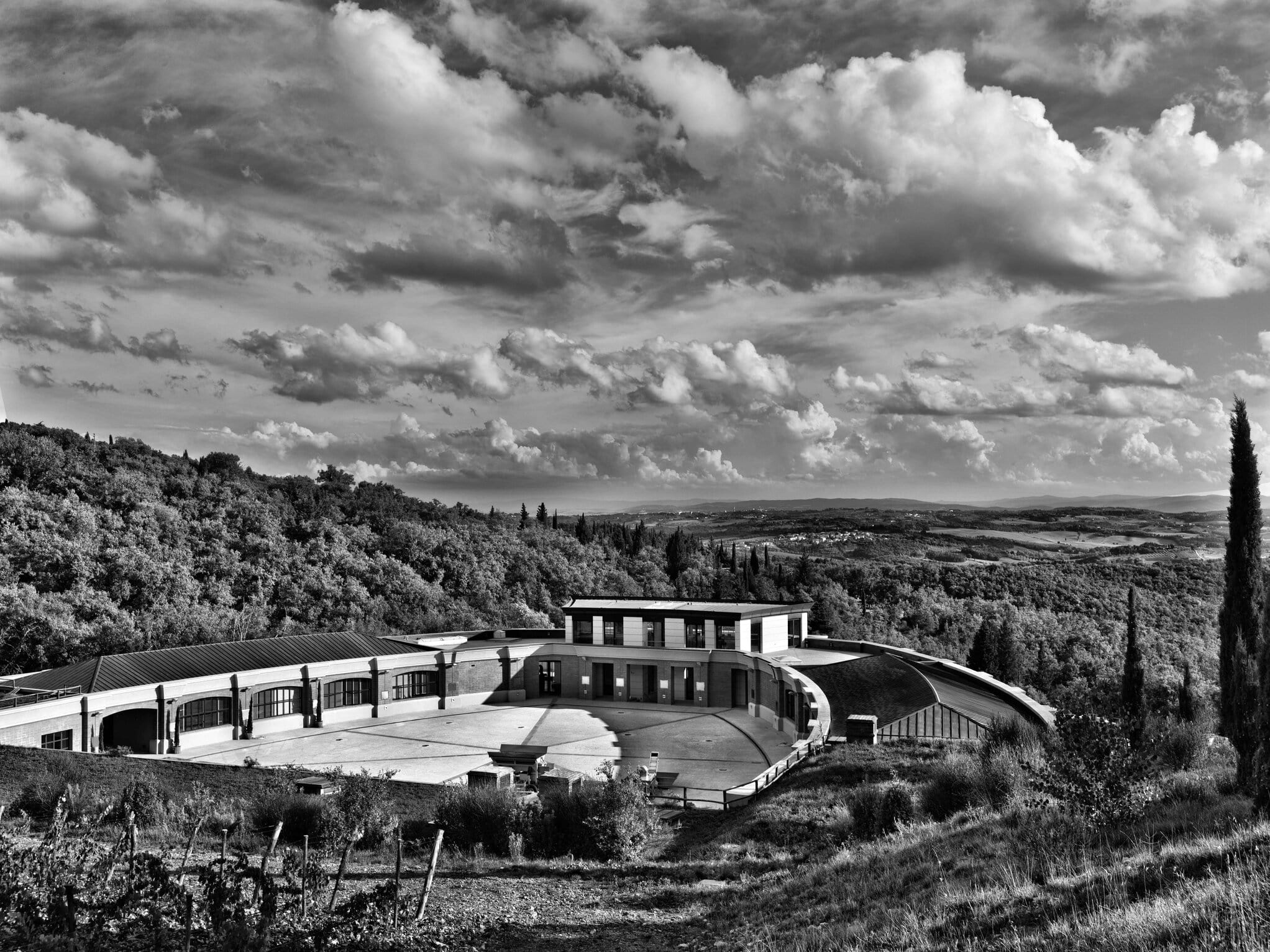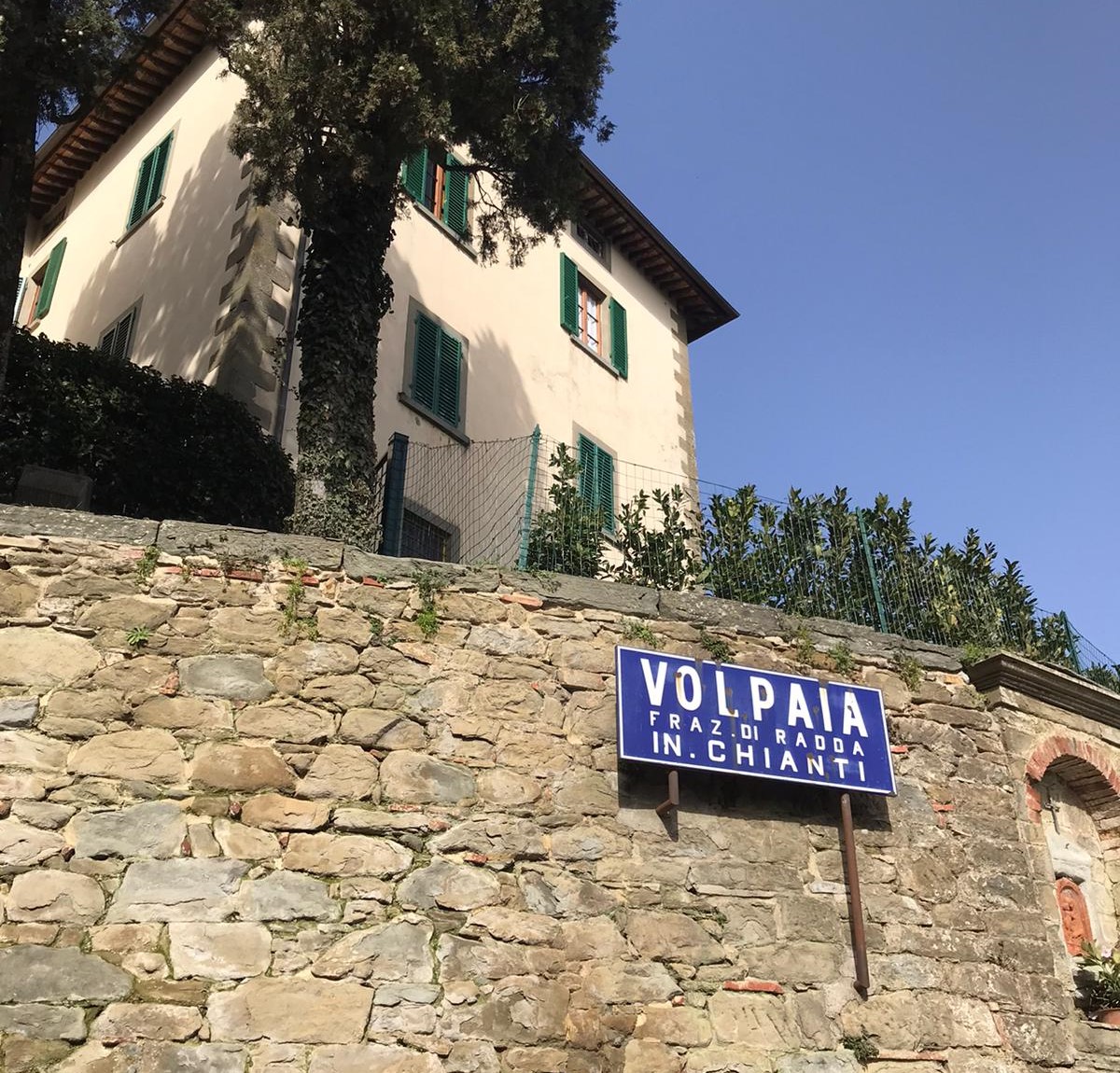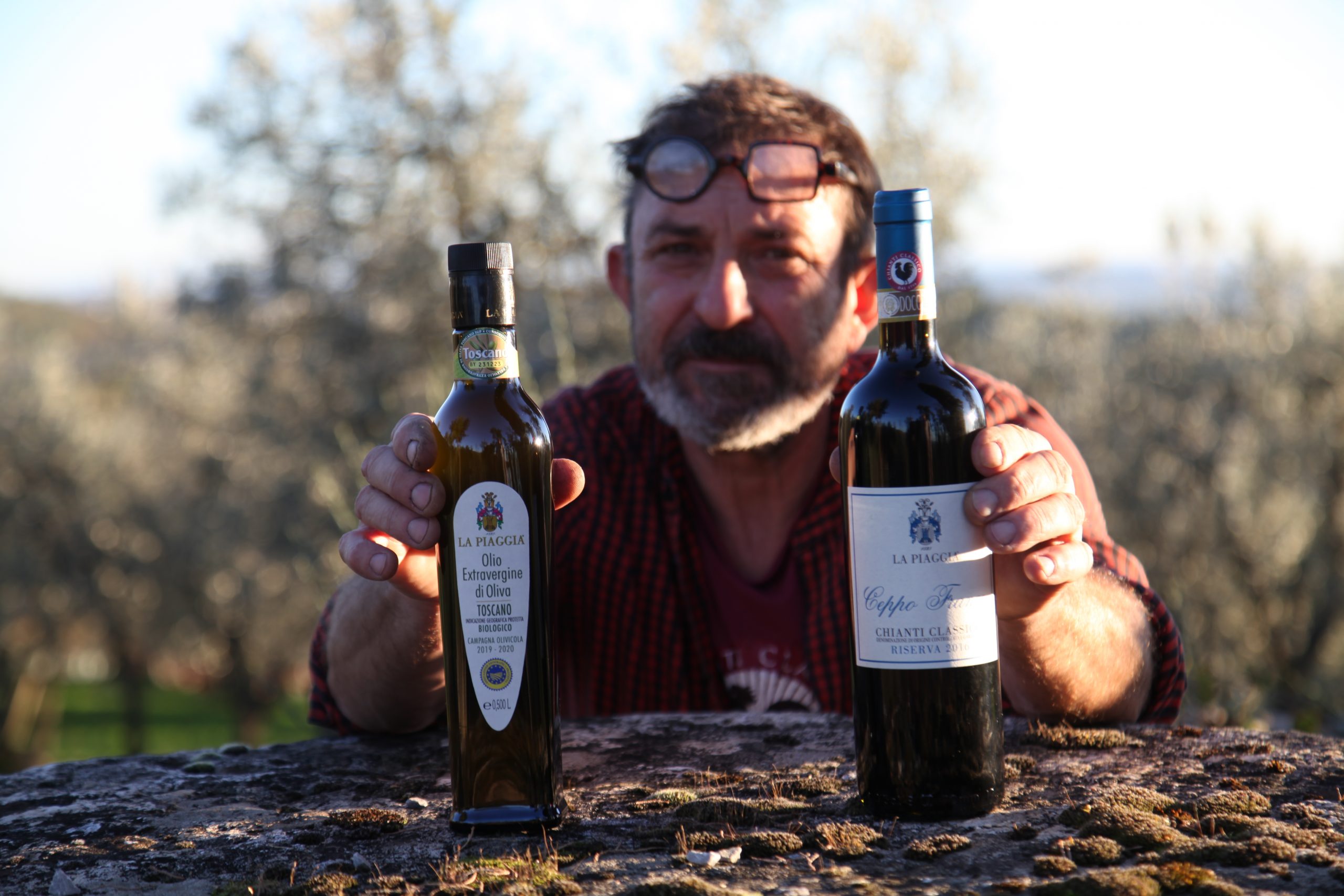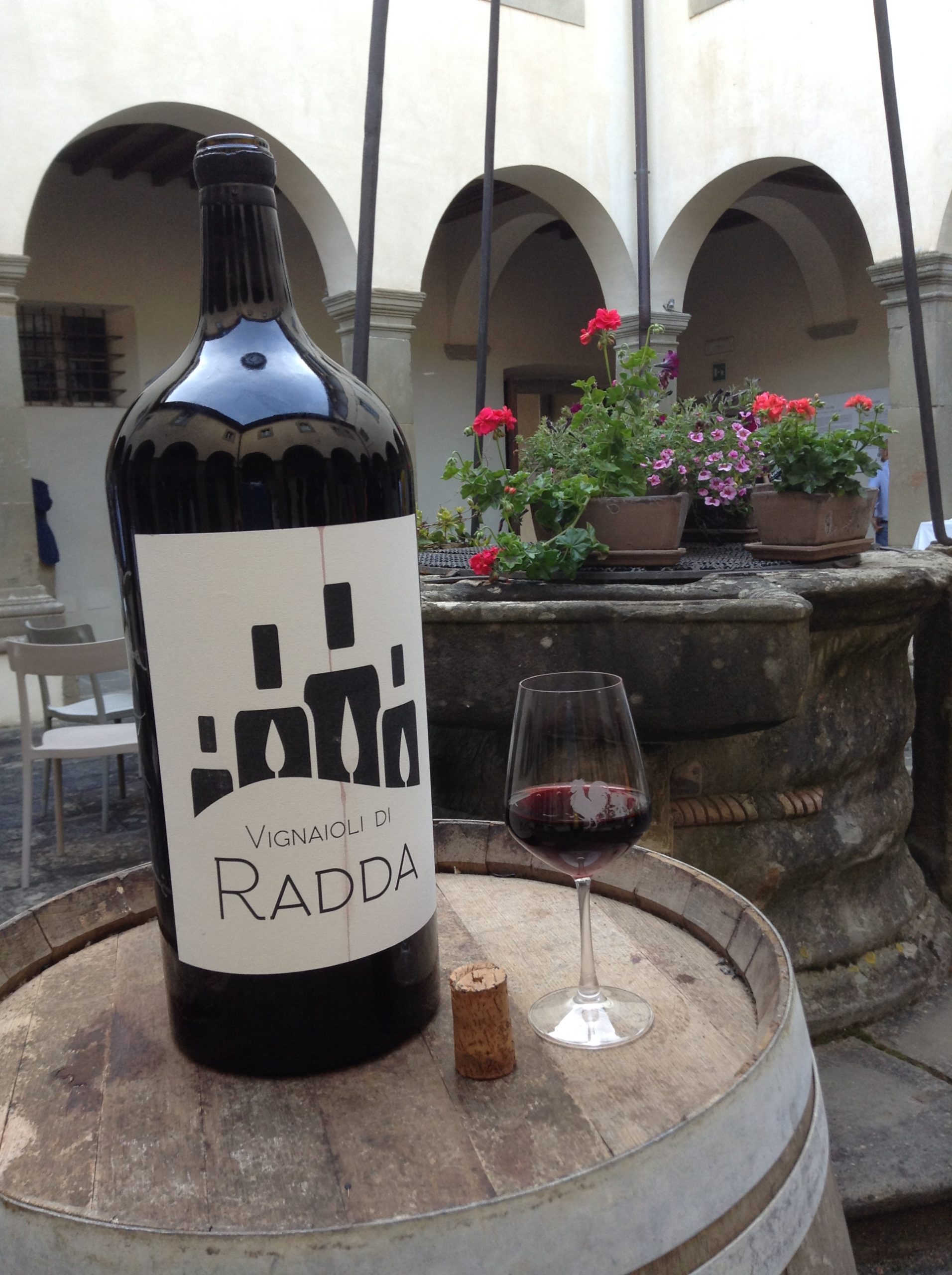According to the Consortium, the fame of the black rooster and the similarity with the coloured rooster could generate, in consumer perception, a link between the two brands, so much so that it could give an undue advantage to the Lazio company. A company that, for its part, emphasized the difference between the two roosters: while the black rooster is a collective brand and designates a series of red wines that come from Chianti, the coloured rooster is an individual brand relating to a Vermentino produced in Gallura, an area of Sardinia which owes its name to the same bird. Asked to rule on the request for registration of the coloured rooster, the European Intellectual Property Office compared the two trademarks and, essentially agreeing with the arguments from Chianti, rejected it. As a result, the Lazio company asked the European Court to rule on the refusal of registration.
read more >Tag: Wine
From weddings, the most classic of ceremonies, to a corporate or family wellness holiday, Tenuta dei Mori transforms an idea into an event by offering total service solutions, able to customise furnishings, decorations, rooms, catering and entertainment. Relais standards and hospitality are the secret of this owner, who has returned to the places of his childhood and to redevelop the family winery.
read more >Leuta produces a variety of different wines, five from single red grape varieties – Sangiovese, Merlot, Syrah, Malbec and Cabernet Franc, Leuta’s signature wine. There are also two very interesting blends, the red IGT “Tau” a blend of Merlot, Cabernet Franc, and Syrah grapes, a single barrel blend, “Nautilus” as well as a special limited edition wine produced just once in 2016 and dedicated to Denis’s grandfather “Cornelius”. Other products include a fine Vinsanto and organic olive oil. A white wine and two kinds of Spumante are also produced from grapes in a second Leuta winery in Denis’s native Trentino, with the help of colleague, biologist Giulio dei Vescovi.
read more >Since this February, the Etruscan city has featured a new high-speed connection with the large cities of Northern Italy. The “Frecciarossa” train allows one to move between Milan and our train station in three hours and this will make visiting the city’s splendors even easier and more comfortable. The health situation is still in a difficult moment, but the city administration, together with cultural and tourism operators, has prepared a program of events to be held with complete safety in mind. There are also a series of packages that foresee the possibility to “find refuge” together with family members in one of the fine accommodation facilities in the area. Cortona is a small center, with a big heart and with a vast and varied territory – from mountains to gentle hills, down to the valley where some of the most interesting gastronomic wonders of Tuscany are produced. Already, starting this Spring, in accordance with actual health conditions, exhibitions will be prepared, and the first events of the season brought into being. The idea of choosing Cortona for your “safe harbor” away from life in the big cities is beginning to gain ground as a lifestyle choice post-Covid 19. Already a significant number of professional people have decided to spend a part of their time here, as they continue remote working.
read more >The Castle has been owned since 1964 by the Matta family, who in the 1980s began in the accommodation business with six apartments inside the castle. Currently there are 16 guestrooms, including those inside the castle and the suites in the rectory. Under the walls we find an enchanting swimming pool with a panoramic view over the valley, a delight for the eyes.
read more >The wine cellar visit is structured as a ‘wine experience’: technical, emotive, sophisticated. The goal is to experience it without predefined paths, passing through the vinification, the vat, the concept of working with gravitational flow. Finally, the curtain opens on the barriccaia, a theatrical scenography with details that condense into a refined show.
read more >Volpaia currently has 33 inhabitants and 4 restaurants: the properties have now been reunited in large part by the Mascheroni Stianti family. In addition to the prestigious winery there is also a farmhouse, a restaurant and a bakery. The vegetables that arrive on the Castle’s tables come from half a hectare of a strictly organic vegetable garden. In fact, since 2000, the Volpaia winery too has been certified as organic.
The winery extends within the village buildings, connected by an engineering masterpiece: an underground wine pipeline, which goes under the streets of the town.
BY SIMONE BANDINI We are with Silvia and Marco Barneschi at the Podere La Piaggia: and around a rugged rustic wooden table we taste their new extra virgin olive oil on a bruschetta, before trying other ‘magic’ bottles of oil flavoured in the old fashioned way. To get to the two siblings we went down […]
read more >BY SIMONE BANDINI Our journey to discover the Radda in Chianti area continues – begun with the Mayor Pier Paolo Mugnaini and architect Daniele Barbucci – and in particular its winemaking tradition. Let’s take a cue from the recent awards that have fallen like rain on local producers: seven vineyards awarded three glasses by the […]
read more >“It is properly called Albola, a slope known for its vineyards, from which you may get the best wines of Chianti” notes Emanuele Repetti in 1841, in his Dizionario Fisico geografico del Granducato di Toscana. We meet right here, among the highest hills of Chianti Classico, in a townlet that has its roots in […]
read more >